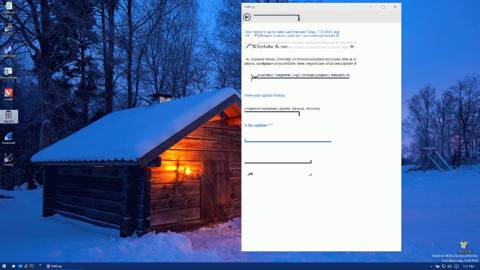|
|

About
My Infrequently Updated Blog. The web-based journal of M. Forde, computer nerd, endurance athlete, and DeLorean owner
contact
Subscribe
Subscribe to a syndicated feed of my weblog,
brought to you by the wonders of RSS.
Flavors
There's more than one way to view this weblog; try these flavors on
for size.
index
circa 1993
Sections
main
musings
running
DeLorean
code
unix
album
TBM
Archives
2023
2022
2021
2020
2019
2018
2017
2016
2015
2014
2013
2012
2011
2010
2009
2008
2007
Disclaimers, Copyrights, Privacy, Etc.
ToS
Copyrights
Links
olix0r.net
netmeister.org
Giraffes
Eat. Run. Sleep.

|
|
|
1449069975
https://www.instagram.com/p/-ywsdLrXFZ/
==================================================================
This mobile text message is brought to you by AT&T
[/mobile]
[permanent link]
1443142404
This is only a test. Had this been an actual post, there would be actual content. Or not.
==================================================================
This mobile text message is brought to you by AT&T
[/mobile]
[permanent link]
National Running Day ... part 5
This evening on my second run, I met up with one of the middle school
kids I had coached on the cross country team. He was driving (because
he's not in middle school anymore) and stopped at an intersection
waiting for me to cross. He called out to me, I stopped, and we chatted
briefly.
Although the conversation was brief, I realized that I had left an
impression on him, I had made a difference, however small, in his life.
And no matter what else happens, nothing can change that.
Happy National Running Day!
[/running]
[permanent link]
It was a good day...
So today I woke up and watched an episode of Star Trek while I did some
weight training and core work. Then I met my friend and her 5-month old
baby for breakfast. That baby is so cute, and so happy too.
After that I met another friend for a run in the Tourne where we met a
fox on the Red Trail. When I got home from the run, I turned my lawn
into an avant garde art installation and then took a shower.
I took Ailsing out for a drive and on the way home she rolled over to
15,000 miles. I've had the DeLorean for about five years now, so I'm
still averaging 1,000 miles per year. Not bad.
A large part of a tree fell and missed my house by about 18 inches. So
then I went and ran another Six miles during a National Weather Service
tornado watch.
Now I'm finishing up the day with a good movie and a glass of Monk's
Blood.
Today, I didn't even have to use my AK. It was a good day.
[/musings]
[permanent link]
Cast Yourself
"Cast yourself upon Him and be not afraid; He will not draw away and
let you fall. Cast yourself without fear, He will receive you and heal
you."
-- Saint Augustine, Confessions: Book 8, Chapter 11
[/musings]
[permanent link]
It's not stupid, it's advanced
I opened the Windows 10 settings app, not to be confused with the
control panel, and I selected "Windows Update." Next, I chose the
"Advanced Options" and was greeted with this mess. I hope the next build
fixes this problem, as well as the myriad of other issues plaguing the
current Windows 10 preview release.

[/musings]
[permanent link]
1423064732
http://elitedaily.com/money/entrepreneurship/psychology-behind-messy-rooms-messy-room-may-necessarily-bad-thing/708046/
==================================================================
This mobile text message is brought to you by AT&T
[/mobile]
[permanent link]
1420590331
Castle of Dr. Brain : Sierra On-Line, Inc. : Free Streaming : Internet Archive https://archive.org/details/msdos_Castle_of_Dr._Brain_1991
==================================================================
This mobile text message is brought to you by AT&T
[/mobile]
[permanent link]
|
|